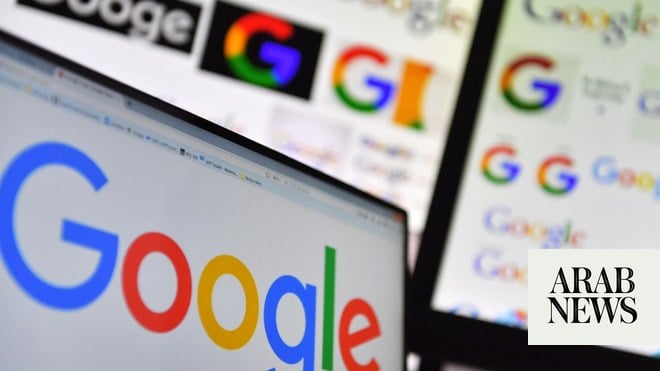
Google and Kantar study sheds light on Saudis’ shopping habits during Ramadan
The year’s biggest shopping season, Ramadan, is coming up next month and brands are already planning their marketing activities.
In order to help brands better understand their audiences, Google partnered with data analytics and consulting company Kantar to study Saudi consumers’ shopping behaviors across five product categories during Ramadan — consumer electronics, home and garden, fashion, food and groceries, and beauty.
“The shift we’ve seen in consumer behavior has given retailers the opportunity to deepen their relationships with consumers through digital solutions,” Charbel Sarkis, director, Saudi Arabia and Retail at Google MENA, told Arab News.
“Our goal will continue to empower the retail sector in Saudi and the region to accelerate their digital transformation journey and offer tools and solutions to harness their data to achieve business results and enhance customer relationships,” he added.
Nearly 100 percent of consumers in the Kingdom research products online before purchasing. In their online journey, Google Search is the top destination with 74 percent of Saudi shoppers using it to research product information.
The growth in video is also reflected in shoppers’ search journey with 52 percent of Saudi shoppers using YouTube specifically to research product information.
The platform became the top-used video app in Saudi Arabia during Ramadan last year, with the highest number of active users at 18.1 million, marking an increase of 190,000 users from the previous year.
Consumers use YouTube for more than just research with over 11 million people streaming YouTube on their TV in Saudi Arabia last year and the platform reaching more than 20 million people over the age of 18 in the Kingdom in the same period.
The study identified three distinct shopping behaviors among consumers in the Kingdom. People buy different things for different reasons during the holy month. The majority (41 percent) of consumers said that they shop during Ramadan because they want something new — especially for home and garden products, and consumer electronics.
However, when it comes to beauty, 43 percent said they shop for personal reward, 36 percent prioritize sustainability, and 30 percent of fashion buyers want brands to respect diversity and inclusion.
The second behavior is the need for and the shift toward a hassle-free shopping experience. Around two-thirds of Saudi consumers experience various issues with online shopping during the holy month.
For example, 25 percent of consumer electronics shoppers and 23 percent of beauty shoppers said that independent product reviews are hard to find, while 20 percent of consumers buying consumer electronics and 21 percent of people purchasing products in the home and garden category experience online registration or log-in issues.
The need for a smooth shopping experience is not restricted to online channels. Sixty-three percent of Saudi consumers found offline shopping challenging, specifically when buying food and groceries, with the main issues being limited time to research products, not being able to access online information from inside the store, and unavailability of products.
The third behavior, according to the study, is loyalty or the lack of it. Typically, most Saudi shoppers (84 percent) buy from only one or a few retailers during Ramadan, but an inconvenient shopping experience can change that.
Forty-two percent said they would try a new brand, retailer, or platform if they offer faster shipping; 36 percent would do the same if an item is available elsewhere first, and 33 percent would do so if a product is less expensive.
Based on these findings, the study suggests that marketers should include detailed information about what they are selling in the advertisement, and create an optimized online experience, especially on mobile.
The report also advises brands to ensure product information is easily available online and accessible from inside the store, with regular updates on stock availability, and to remind consumers of the benefits and conveniences of shopping from their brand by targeting customers who have visited their site before.










